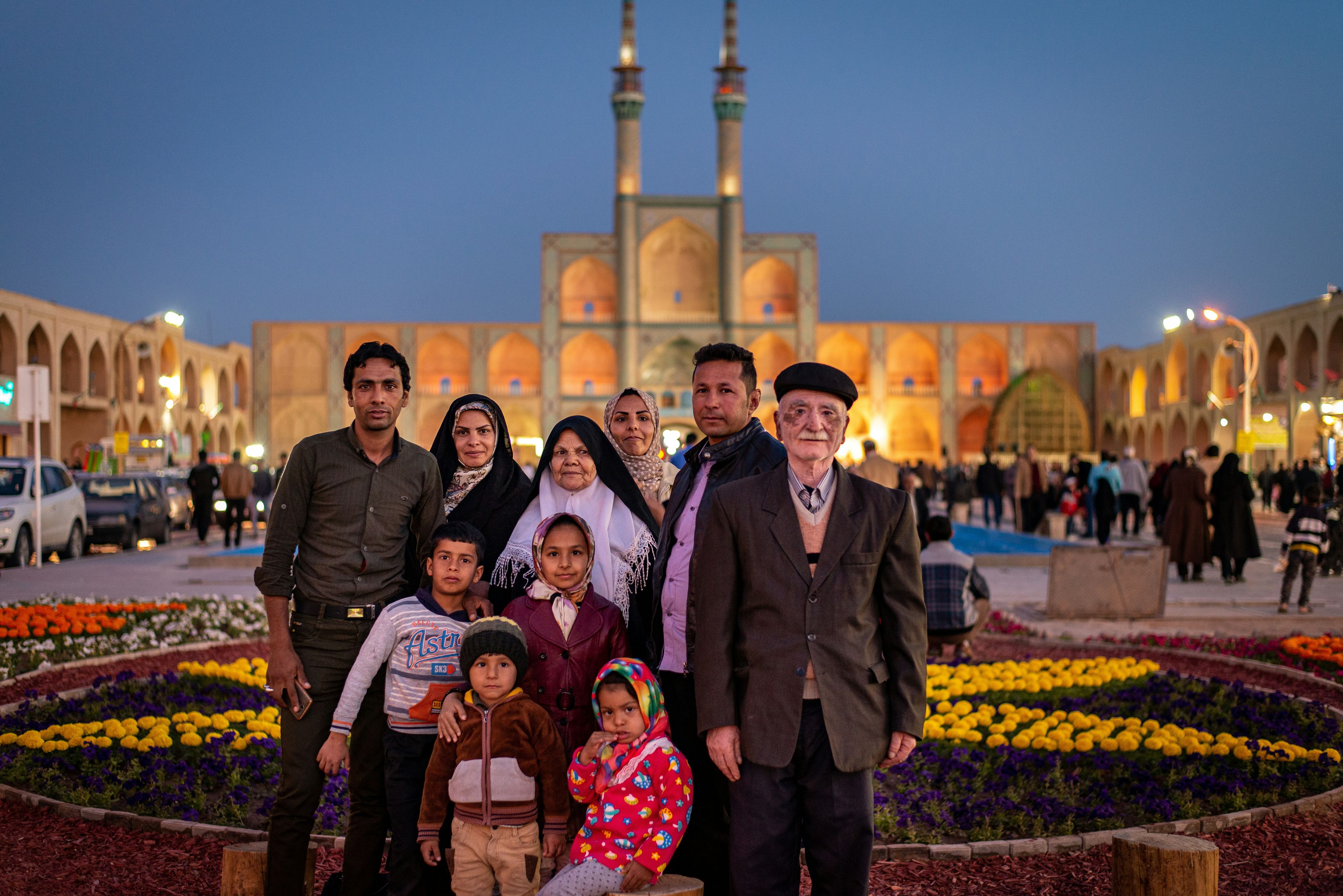
My MIL Hates Me, But Wants To Be Close To My Child. What Do I Do?
If a grandparent wants to have a healthy relationship with their grandchild, they need to get along with their adult child and their partner or co-parent.
“Dear Whitney, my mother-in-law hates me but wants to be close to my child. What do I do?”
Dear Daughter-in-law,
This is a really tough situation to be in. It sounds like you’re trying to decide if someone can treat you poorly and still treat your child well. I understand why that would be confusing and a difficult decision to make.
Unfortunately, some in-laws don’t get along. Their personalities clash, they have different religions or cultures, or they don’t want the same things in life. And when everyone involved has a specific image of how things should be, and it doesn’t live up to their expectation, conflict arises. There is a big difference between not getting along and your mother-in-law outwardly displaying that she hates you.
I don’t know the specifics of this relationship, so I want to pause for a moment of self-reflection. Every person on this planet has the capacity to be difficult, toxic, or abusive (including me and you). Not everyone allows those impulses to take over. And, I think we all have to take a moment to be self-reflective whenever there is conflict. Please do not take this as me not believing you haven’t tried it all. You may have. But, if we were talking face to face, I would want to ask you:
- Why do you believe your mother-in-law hates you? What about her behavior tells you this or has she said this to you?
- Have you ever tried to discuss your relationship and what happened when you did?
- Have either of you attempted to compromise or understand the other person’s side?
- Is there anything you can reasonably do to try to make this relationship work?
- Is your mother-in-law open to feedback?
- What role does your partner or co-parent play in all of this? Have they tried to intervene or support you?

After reflecting and answering these questions, you may come to the realization that you have a mother-in-law who genuinely hates you, does not treat you with respect, and refuses to reflect on her behavior. You may realize that you’ve tried everything you ou may have to consider how this relationship will impact your child.
I really believe that children have the best relationships with people who love them and their parents. Young children love their parents to a fault, and they want to be around people who treat their parents well. Depending on the age of your child, they likely notice when your mother-in-law makes passive-aggressive comments. They pick up on how differently their grandmother treats them compared to you. They are always watching and taking this information in, and it’s important to consider how this relationship appears to your child. This includes how your mother-in-law treats you and how you respond to that mistreatment.
Healthy grandparents are also good role models for their grandchildren. They treat others with kindness and compassion in their presence, and they model healthy conflict-resolution skills. If a grandparent truly wants a healthy relationship with their grandchild, they must find a way to be a positive relational role model in that child’s life. This includes modeling healthy communication with their adult child and their partner.
It is not enough to treat your grandchild well; you must also create a healthy, functional relationship with their parent. This includes treating your adult child or child-in-law with respect, compassion, and kindness. If you treat your grandchild’s parent poorly, your relationship will be at risk.
I want you to ask yourself:
- Would you allow anyone who treats you poorly to spend time with your child?
- Can you allow your child to spend time with someone who hates you?
- Your child with 50% of your DNA, who you grew inside of your body, will be spending time with someone who hates you. Can they fully love your child and hate you at the same time?
Research consistently demonstrates that children experience bad outcomes when they witness interpersonal conflict between family members. Witnessing or becoming involved in disputes between parents is associated with poor mental health, increased stress, behavior problems, and poor school functioning. We can likely assume that children will experience the same adverse outcomes when exposed to fighting between their parent and a grandparent.
If a grandparent would like to have a healthy relationship with their grandchild, they will need to get along with their adult child and their partner or co-parent. This may include apologizing for past hurts, embracing their adult child’s parenting style, and respecting boundaries. None of this is easy, and it’s often uncomfortable, but their relationship with their grandchild may depend on it.
At the end of the day, only you and your mother-in-law can decide how to find a way to relate to one another that creates a healthy environment for the child. You should never expose yourself to harm or abuse to make that happen and this requires both people committing to a healthy relationship. If your mother-in-law isn’t willing to do that, things will be difficult.
Wishing you all the best with this difficult family dynamic,
Get Little Epiphanies in your inbox
Monthly email to help you re-think things you’ve been thinking about your family your whole life. Little epiphanies guaranteed.